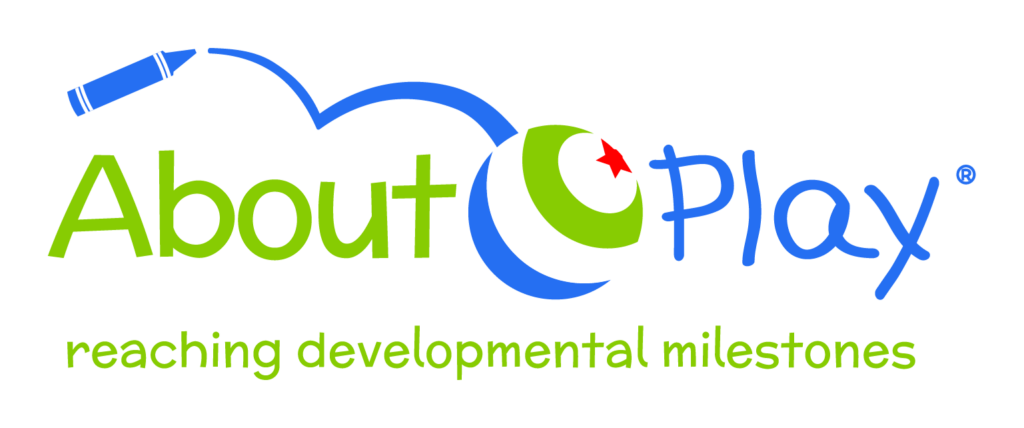Blog

The Key 5 Focus Areas of Healthy Childhood Development
What happens in a child’s life and who they interact with plays a crucial role in determining who they grow up to become. Make a positive impact on them by starting early; it is easier to instill vital life lessons and disciplines while they are still young compared to when they’re older.
Not sure what you should be focusing on? Not to worry — we made a list of 5 focus areas to help you raise healthy, developed children.
1. Emotional Matters
Do you validate your child’s emotions and opinions? If you watch crime documentaries, most criminals trace their sadistic and narcissistic behaviors back to when they were still young. They confess to having been ignored, abused, or treated inhumanely which pretty much contributed to who they turned out to be.
To be fair, these cases depict the extreme; but they do tell us something. It is important to authenticate your child’s emotions and treat them with the respect that they deserve! Even though young, they are still human, with emotions. They should be encouraged to identify, understand, and express their emotions positively and productively.
2. Socialization
The friendships and relationships your children have with their peers are important, too. Encourage positive social behaviors in social events or when interacting with their caregivers and neighbors.
Children learn through simulation — that is, they learn and emulate from what they see. The way you interact with people, for example, will greatly influence how they interact with others. Set an example through your own interactions with respect, allow them to express their preferences clearly, negotiate or compromise with others, and show their care and interest.
3. Religion and Spiritual Matters
Looking at the world around us, there are so many different spiritual beliefs, values, and teachings going round. If you don’t teach your child the religious values you subscribe to, they will find it elsewhere.
Point your child in the right direction with regards to your preferred religion and spiritual values. However, you shouldn’t be dictatorial about it. Rather, provide them with all the knowledge they need, and when they are older and wiser let them make their own decisions.
4. Physical Health
This encompasses all that has to do with your child’s nutrition and physical activities. Ensure to provide them with a balanced and healthy diet. Most children love snacks and junk – which is not good for their physical health. This is not to say that you should not allow them to eat such, you should, but only in moderation! Their body parts are still growing, so they need foods that will foster healthy development.
That aside, your child also needs to actively participate in physical activities. Depending on their age, you could encourage them to go outside and play, help around with house chores and join various games or sports just to mention a few. Try as much as you can to discourage them from spending too much time watching the TV or Playing video Games – 2 hours or less a day should be enough.
5. Intellectual Abilities
Apart from formal education, you need to emphasize your child’s communication skills, comprehension, critical thinking, and curiosity. Help them discover their strengths and work on their weaknesses in these areas.
Spending quality time to coach and listen to them will work wonders towards their intellectual growth! When they get it right and make progress, congratulate them, when they don’t, gently correct them.
Our Takeaway
Focusing on the important things like these are key to making sure your child gets the best during their childhood. Do not forget that each child is unique, so do not compare them with others or make them feel inadequate. Do your best and let them blossom in their own special way and time.




